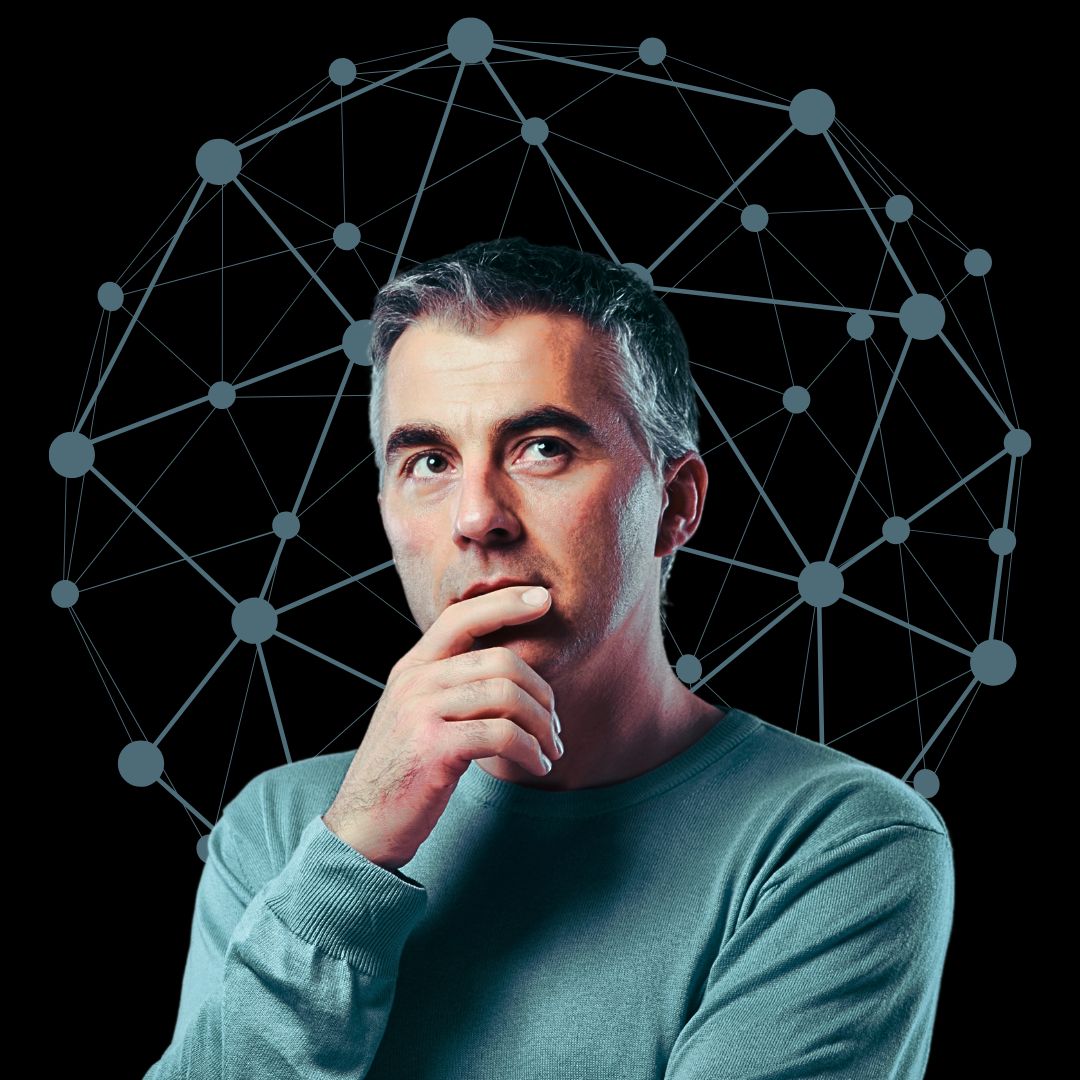Quantified Self, Meet Unified Self
The quantified self movement gave us powerful tools to track everything—from steps and sleep to mood, focus, and macros. But after years of self-tracking, many people are left with more data than direction.

The quantified self movement gave us powerful tools to track everything—from steps and sleep to mood, focus, and macros. But after years of self-tracking, many people are left with more data than direction.

The quantified self movement gave us powerful tools to track everything, from steps and sleep to mood, focus, and macros. But after years of self-tracking, many people are left with more data than direction.
Why? Because self-tracking alone doesn’t equal self-understanding. What’s missing isn’t more data. It’s integration.
You track your workouts in one app, meals in another, and mood in a third. You have sleep scores, calendar events, glucose graphs, and digital journals. Each valuable, but isolated. The result is a fragmented digital self: quantified, but not unified.
To evolve beyond self-tracking, we need a Life Operating System, a framework that brings your data together, contextualizes it, and turns it into insight.
Most apps solve for a single dimension. But you are multi-dimensional. Health, productivity, emotional regulation, and cognitive performance don’t exist in silos. They’re interdependent.
Without integration, you’re stuck interpreting raw data manually. With integration, patterns emerge. Cause and effect becomes visible. Decisions get easier.
Unified selfhood isn’t about perfection, it’s about awareness. It’s about systems that:
Apps alone can’t do that. But a personal Life OS, powered by your own data and aligned to your rhythms, can.